censorship
Filter by...
-

EU Commission on FOI request: Incompetence or ill-intent?
In April 2017, we got a little curious about industry lobbying in Brussels surrounding the copyright reform. We therefore filed a freedom of information (FOI) request to access the correspondence that the Directorate-General for Communications Networks, Content and Technology (DG CNECT) of the European Commission received by rightsholders shortly before the reform proposal was finalised […]
Read more
-
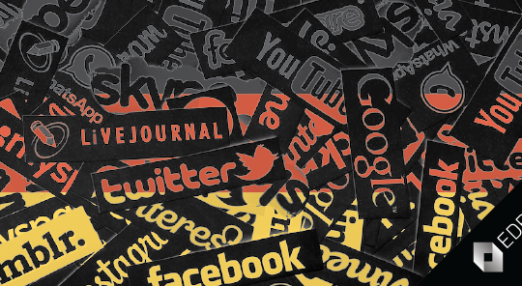
EU action needed: German NetzDG draft threatens freedom of expression
On 22 May 2017 six civil society and industry associations sent an open letter to eight EU Commissioners asking to take action against the German bill on “Enforcement on Social Networks”, the “NetzDG”.
Read more
-
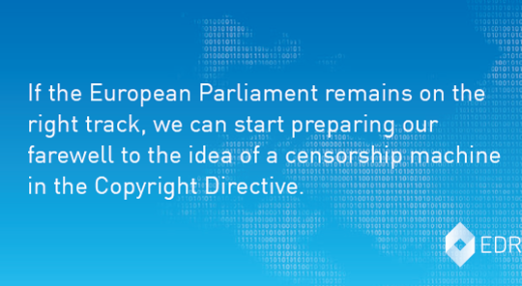
Copyright Directive: Lead MEP partly deletes the “censorship machine”
Note: We have updated this article on 20 March 2017 eliminating mentions to the leak when it was no longer necessary and updating the number of amendments below. The rest of the analysis remains relevant and has not been modified. On 8 March, we were able to gain an insight into a leaked Draft Report […]
Read more
-
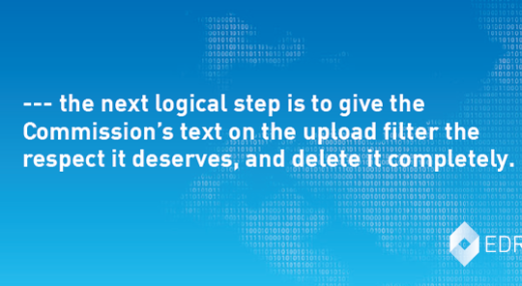
A positive step forward against the “censorship machine” in the Copyright Directive
On 24 February 2017 the Rapporteur of the European Parliament (EP) Committee on Internal Market and Consumer Protection (IMCO), Catherine Stihler MEP, published her draft Opinion on the Copyright Directive. The Opinion sends a strong message against the most extremist parts of the European Commission’s proposal: the “censorship machine” (aka upload filter) proposal in Article […]
Read more
-

New Danish law can lead to substantial internet censorship
On 12 January 2017, the Danish Ministry of Justice presented a draft law on website blocking for public consultation. This step had been expected for a couple of months as part of the government’s action plan on countering online extremism and radicalisation. Denmark has a complete opt-out from the Justice and Home Affairs (JHA) area […]
Read more
-

Free flow of data – what is it?
The “think tank” European Centre for International Political Economy (ECIPE) recently produced a database of “restrictions on data”. The database lists laws which, in ECIPE’s opinion, are barriers to trade in 65 economies worldwide, including the European Union, and it was produced apparently due to influence from “the business community”. The database considers the EU […]
Read more
-
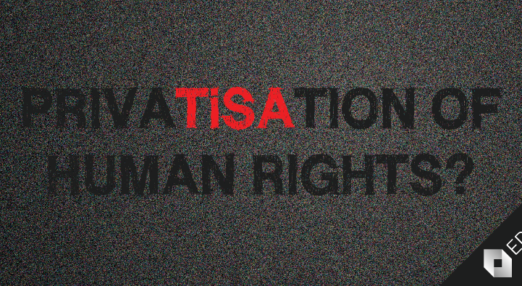
New leaks confirm TiSA proposals that would undermine civil liberties
Today, on 25 November 2016, German blog Netzpolitik.org in association with Greenpeace published new leaked documents concerning the Trade in Services Agreement (TiSA), a “trade” agreement that is currently being negotiated between 23 members of the World Trade Organisation (WTO), including the European Union.
Read more
-
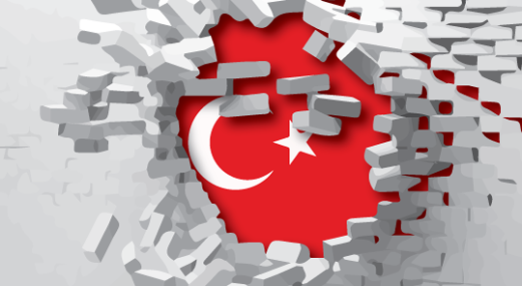
State of emergency worsens digital crackdown in Turkey
According to a new report by Freedom House, web freedom across the globe declined for the sixth consecutive year. Turkey placed among the red-flag states in terms of web freedom in 2015-2016 and is now rated “not free” in “Freedom on the net 2016” report after repeated blocking of social media. The country’s status score […]
Read more
-
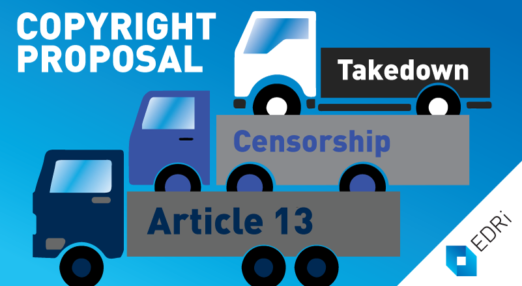
EU Copyright Directive – privatised censorship and filtering of free speech
The European Commission’s proposal on copyright attempts something very ambitious – two different measures that would restrict free speech, squeezed into a single article of a legislative proposal.
Read more
-
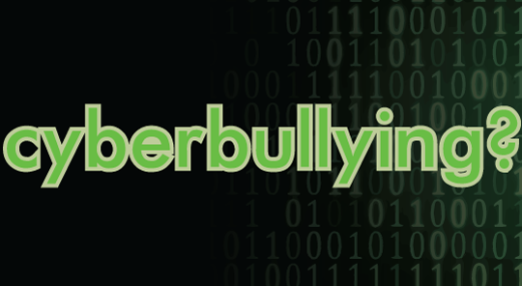
Censorship in Italy: Child protection is the excuse again
One of the recurrent attempts to control the internet is the excuse of “child protection”. Italy has moved a step to this direction, and is going to release a new law against “cyberbullying” that confirms this new trend. This new project follows the same well-worn, failed approach.
Read more
-
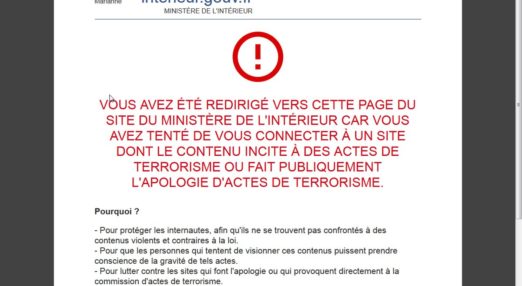
Orange is the new blacklist
On Monday morning 17 October, Orange customers who tried to access Google.fr, fr.wikipedia.org and other sites found themselves being redirected to the site of the Interior Ministry explaining that those sites were blocked. The banned websites were accused of “provoking terrorist acts or publicly glorifying terrorist acts”.
Read more
-

What digital rights are at imminent risk? All of them.
Our civil rights in the digital environment are based on our rights to protect our personal security and data, our right to communicate freely, and our right for any restrictions to be necessary, predictable and proportionate. Every one of these rights is now under imminent threat.
Read more
